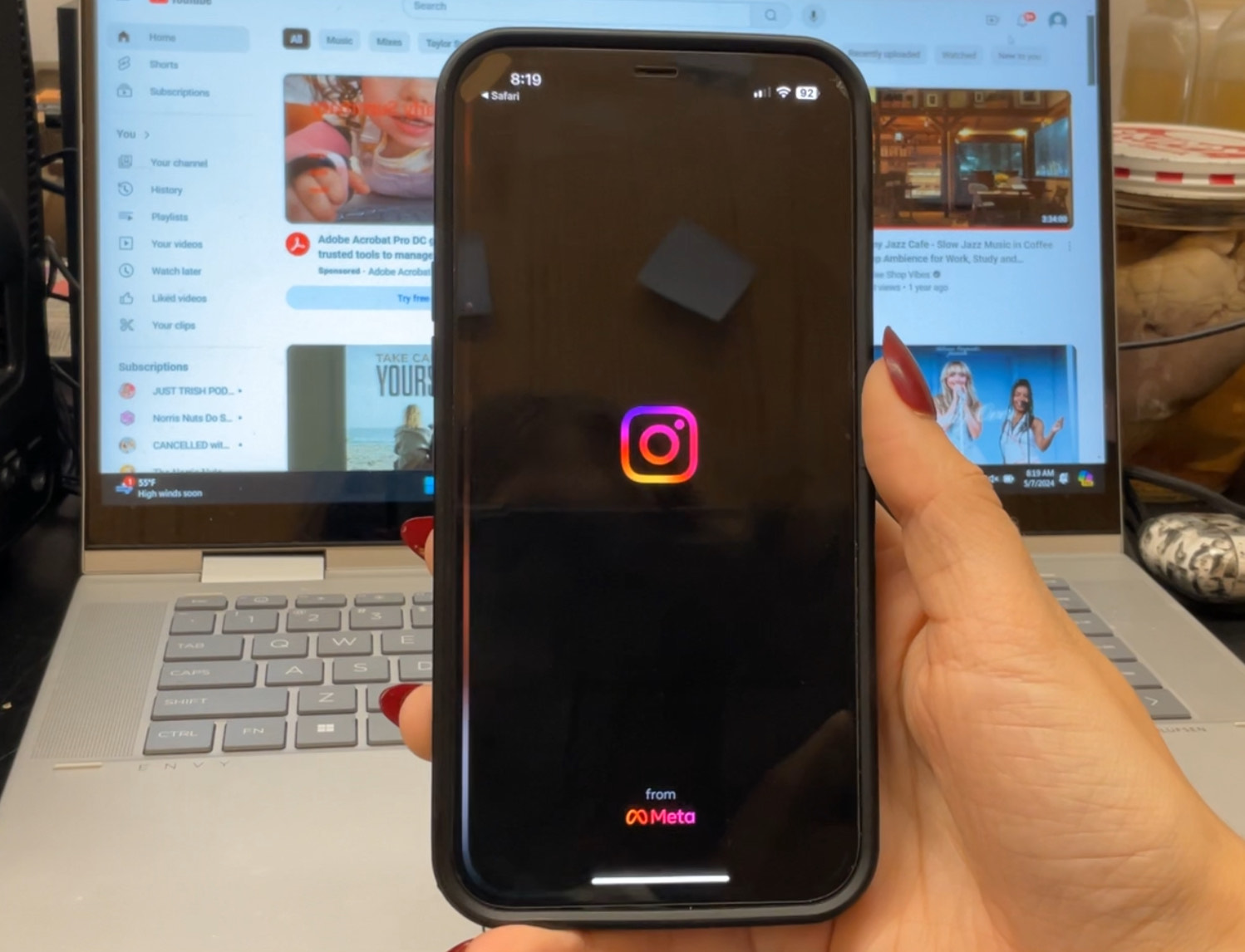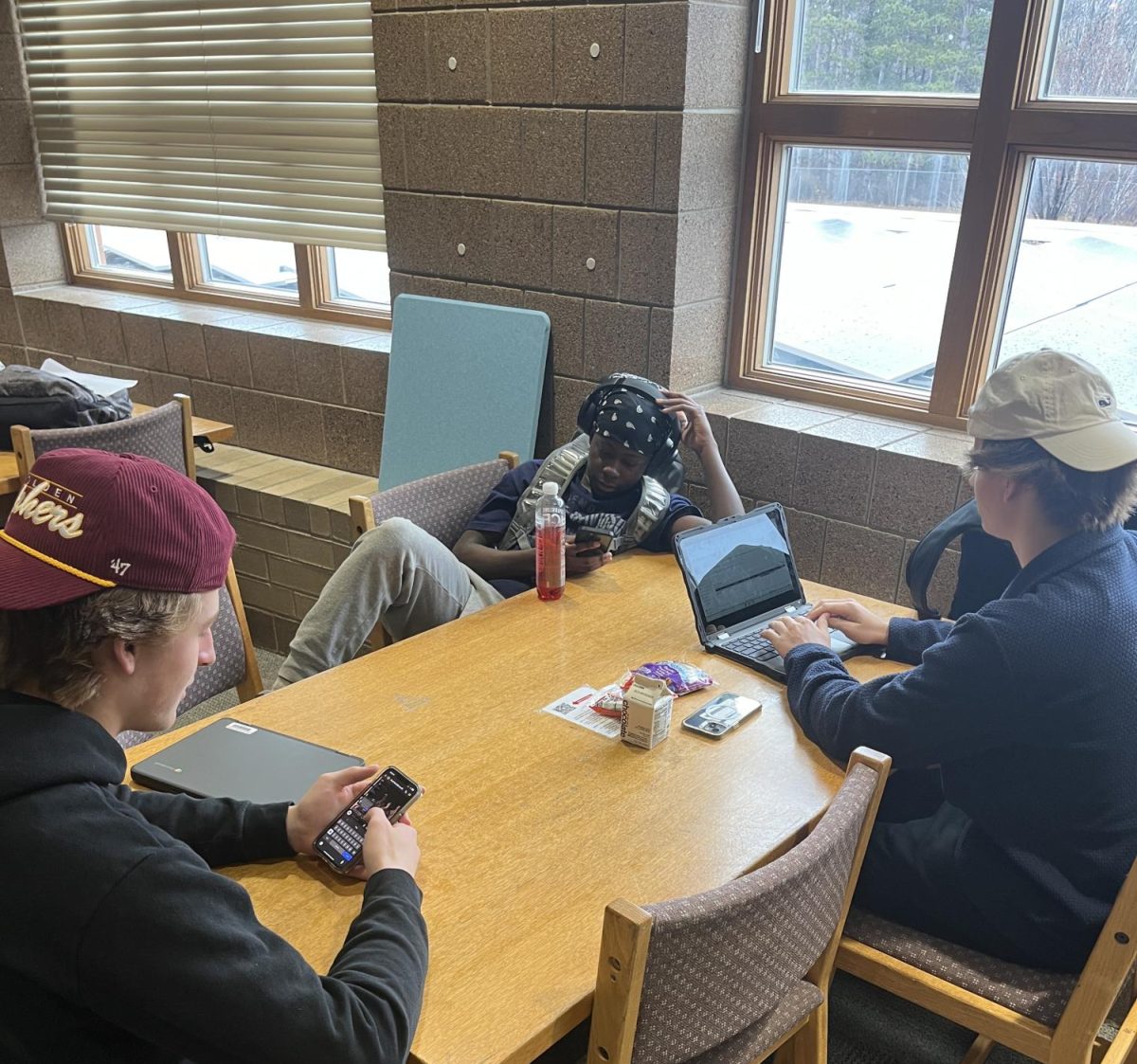Teenagers must understand the influence social media consumption has on their daily lives and how to use it in moderation. Their heavy reliance on social media impacts their offline lives from communication to mental health.
Today’s U.S. teens spend too much time on social media platforms. According to verywellhealth, the recommended daily use is between 30 minutes and two hours, yet teens typically spend five hours using it on average. When teenagers exceed healthy use, it often leads to a lack of attentiveness and bad communication skills.
“It always gives me something to do. It’s infinite. There’s always something after what you’re watching when you’re scrolling. There’s always another person to follow,” sophomore Joy Juniper Bailey said.
Furthermore, the distraction of social media must be regulated in school. Teens feel internal pressure to check their notifications and are dependent on quick interactions. Teachers should prohibit the use of phones during class to allow students to engage with others and focus on their assignments.
Ella Eylandt added that if she tried to do her homework at home she would get distracted by technology.
Also, overconsumption on platforms such as Instagram and TikTok hugely affects teenagers’ ideas. Social media feeds often have a narrow focus on certain ideologies and standards. This can hinder broader views and create unrealistic standards as well as create feelings of inadequacy and low self-esteem.
Biology teacher Stacy Bartlett added that due to social media todays teenagers, “unlearned how to have normal conversations and interactions and it robbed a generation of being a kid.”
On the other hand, some argue that information access and awareness from the internet improves communication skills and enhances creativity and expression. Although it may improve online communication, face-to-face interactions are worsened as the convenience of technology deters the depth and quality of those relationships.
“There were some kids where it was completely distracting them from getting their work done. They were clearly playing video games… I can’t give trust anymore because what I’ve learned is that it’s really addictive and that as much as I want to trust kids, they’re their brains are still developing and I feel sad for them because that is their existence,” Bartlett explained.
Teenagers must be further educated on the impacts of social media. Teachers can push more time management and boundary skills with technology. Requiring no phones during class time would be helpful for fostering an interactive environment. According to Boston University, “students openly admit their cell phones distract them and they focus better in school without them.” Moreover, social media companies can give out notifications of healthy usage tips as users are scrolling on their platform. Some have already done this to help prevent addictive usage including TikTok.
Although some teenagers healthily use social media, it can be damaging no matter what. Overall, limited phone usage and knowing limits improves mental health and in-person relationships. Teachers and parents should make an effort to ensure that their student or child is responsibly using social media.








